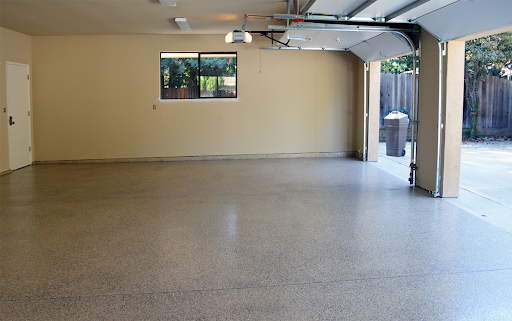Minimalism has long been associated with decluttering closets, donating unused items, and prioritizing quality over quantity. But in today’s world, physical clutter is only one part of the equation. Financial clutter—like mounting debt, late payments, and looming tax obligations—can weigh just as heavily on your well-being. In this spirit, more people are embracing a new form of minimalism, one that involves simplifying finances and exploring tools like the IRS Fresh Start penalty abatement options to alleviate the burden.
The Hidden Weight of Financial Clutter
Debt has a way of creeping in silently and growing louder with time. It’s not just about the interest payments or fees—it’s the constant mental strain of owing money. Every unopened letter from a creditor, every ignored email from the IRS, adds to a form of “mental mess” that no amount of physical decluttering can touch. Financial stress can affect your sleep, health, and overall outlook on life.
Much like a cluttered home, financial chaos creates noise. You might find yourself making reactive rather than intentional decisions, simply trying to stay afloat. When you tackle your debt directly, you’re not just paying off numbers—you’re buying back peace, mental clarity, and emotional space. That’s the true spirit of minimalism: making room for what matters most.
Why Debt Resolution Is a Minimalist Practice
In minimalism, every possession should have a purpose. The same applies to financial obligations. Carrying balances or overdue taxes that no longer serve your future is like keeping a junk drawer full of expired coupons. Just as you wouldn’t keep broken electronics “just in case,” it doesn’t make sense to hold onto debt without a plan to resolve it.
Addressing your debt isn’t about shame or blame—it’s about reclaiming agency. Paying off a credit card, settling a personal loan, or negotiating a tax repayment plan simplifies your finances. It reduces the number of bills you juggle each month and frees you from the mental gymnastics of shifting due dates and minimum payments.
This is where government-backed solutions, such as the IRS Fresh Start program, come into play. For individuals struggling with tax debt, the program offers streamlined options to settle what’s owed without the full pressure of penalties and aggressive collection tactics. With IRS Fresh Start penalty abatement options, eligible taxpayers may have specific penalties reduced or even removed, creating a clean slate from which to rebuild.
Mindfulness, Not Just Money Management
Another way that tackling debt aligns with minimalism is its relationship to mindfulness. Financial stress often stems from avoidance—not knowing precisely what you owe, fearing the unknown consequences, and feeling helpless to rectify the situation. But minimalism encourages intentionality: being fully aware of what you own, what you owe, and how it all contributes to your life.
Getting real with your finances can be uncomfortable, but it’s one of the most empowering decisions you can make. Budgeting, consolidating, and even asking for help aren’t signs of failure; they’re acts of courage. They signal a shift away from chaos and toward control.
And just as minimalist living doesn’t mean deprivation—it means prioritization—becoming debt-free doesn’t mean you never spend. It means you spend on what truly matters. You’re no longer paying for your past; you’re investing in your future.
The Emotional Reward of a Debt-Free Life
Minimalism promises peace, lightness, and freedom from the tyranny of “more.” Tackling your debt delivers those same benefits. When you make the final payment on a credit card or complete a tax settlement plan, you’re not just checking a box. You’re lifting a burden you may have carried for years.
Many people report feeling physically lighter after resolving long-standing debt. There’s a renewed sense of possibility—of finally being able to plan a trip, start a business, or simply exhale. Without monthly minimums and mounting interest weighing you down, your money becomes a tool for creating joy, not covering mistakes.
Tax debt, in particular, can feel inescapable. However, tools like the IRS Fresh Start program exist for a reason: to help taxpayers get back on track without being overwhelmed by penalties and anxiety. These resources offer a bridge between overwhelming obligation and financial clarity.
A Fresh Path Forward
Decluttering your home may clear your space, but decluttering your finances clears your mind. It’s a commitment to self-respect, simplicity, and freedom—core tenets of minimalist living. You don’t need to have a perfect credit score or thousands in savings to begin this journey. You only need to decide that today is the day to stop hiding from your finances and start handling them with grace.
Minimalism isn’t just about what you remove—it’s about what you make room for. By shedding the weight of debt, you open the door to peace, potential, and a sense of purpose. And with options like IRS Fresh Start penalty abatement, the help you need may already be within reach.









